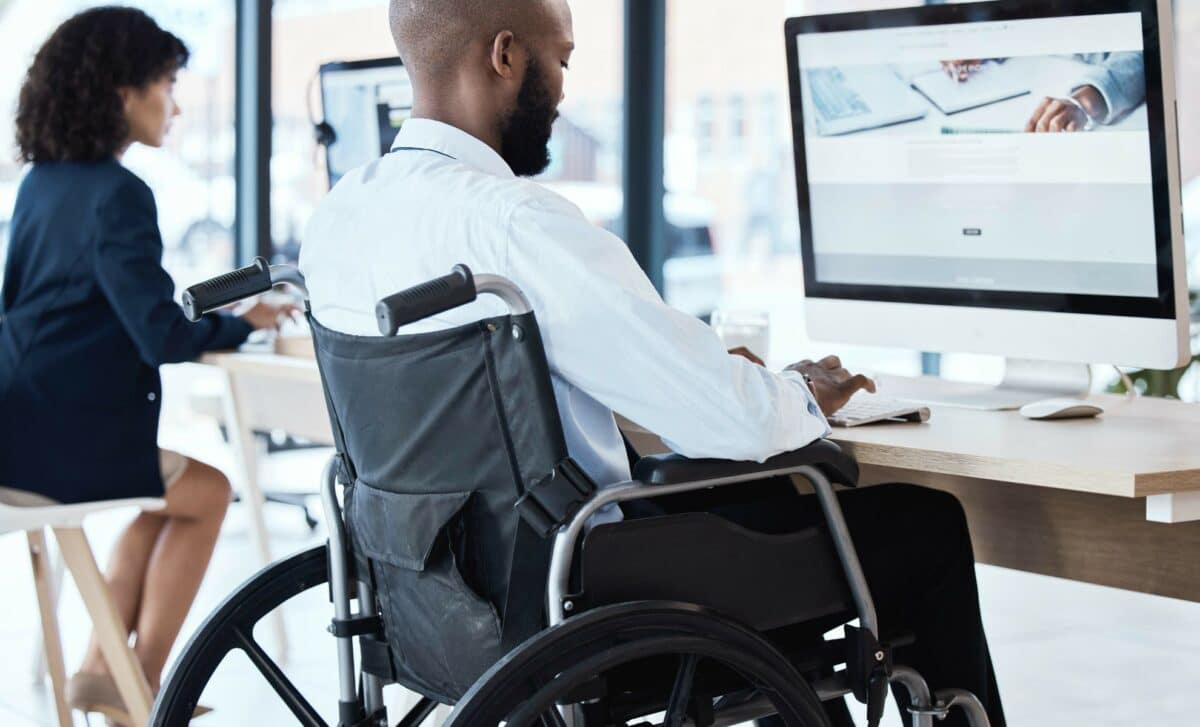Personal Independence Payment (PIP) is a UK government benefit designed to assist individuals living with long-term disabilities or health conditions. Beyond the core financial assistance, claimants are often eligible for a range of additional support measures and discounts, aimed at improving their daily lives.
Claimants of PIP are assessed based on how their condition impacts their ability to carry out everyday tasks and mobility, rather than the specific diagnosis itself. This assessment determines the level of support they receive, which can extend well beyond the basic weekly payment.
Additional Support Linked to PIP Claimants
According to the Department for Work and Pensions (DWP), PIP recipients may qualify for several forms of practical assistance.
One notable example is the Blue Badge scheme, which allows disabled individuals to park closer to destinations, easing mobility challenges. The badge is available through local councils, often free or for a small fee, depending on the authority.
Other essential support includes capped water bills under the WaterSure Scheme, which benefits households using large amounts of water due to medical needs. Eligibility criteria vary by supplier, so direct contact with water providers is advised.
Council tax discounts are another area where PIP claimants may receive relief. These discounts depend on local council policies and could include exemptions, particularly for those classified as “severely mentally impaired” living alone.
Additional financial top-ups, known as disability premiums, are available to those also receiving benefits like Housing Benefit or Jobseeker’s Allowance. These premiums vary in amount and are intended to supplement income.
Healthcare and Mobility Benefits for PIP Recipients
Healthcare support linked to PIP includes entitlement to free NHS prescriptions for certain medical conditions if the claimant holds a Medical Exemption Certificate. Conditions qualifying for this include diabetes, epilepsy requiring continuous treatment, and ongoing cancer care, among others, according to the NHS.
Mobility-related assistance also plays a significant role. Those awarded the enhanced mobility component of PIP can access the Motability Scheme, which helps lease vehicles or powered wheelchairs, covering insurance, tax, and servicing costs.
Standard rate mobility recipients may qualify for a 50% vehicle tax reduction, while enhanced rate recipients can apply for a full exemption.
Furthermore, many toll roads, bridges, and tunnels across the UK offer concessions to disabled drivers. Public transport concessions are available as well, including Disabled Person’s Bus Passes provided by local councils and Disabled Person’s Railcards, which offer a third off rail fares.
Understanding and utilising these additional supports can significantly improve the quality of life for people claiming PIP. For full details, claimants are encouraged to contact relevant local authorities and service providers.









